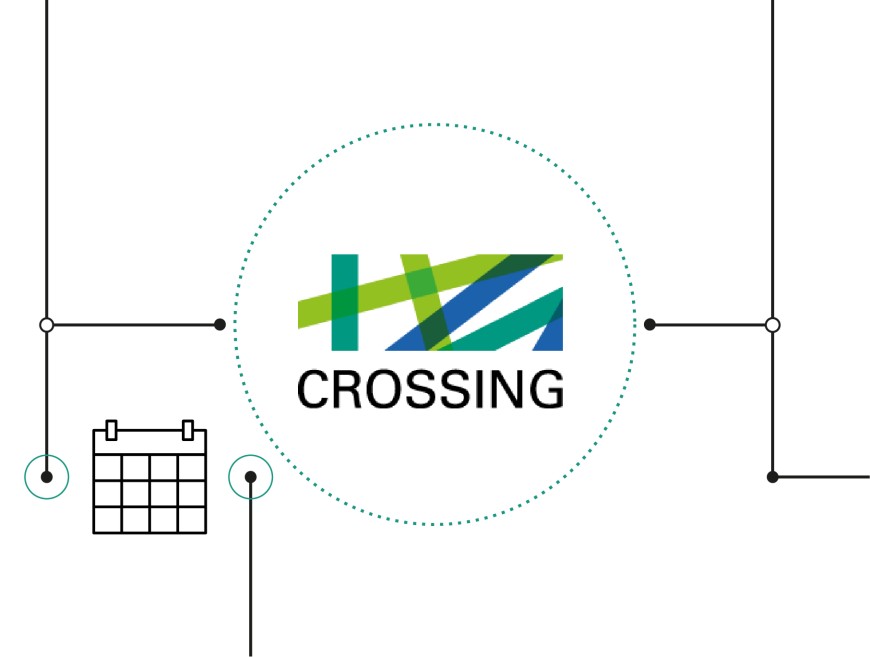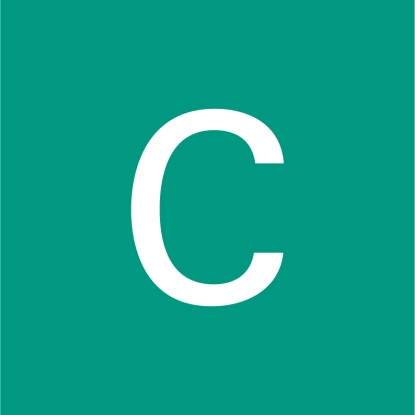CROSSING Research Seminar
Quantum Distribution in Real-World Network Settings
2022/11/17 13:00-14:00
Speaker: Maximilian Tippmann, TU Darmstadt | Location: S2|20, 121 (Lab)

Organizer: Jacqueline Brendel, CROSSING
Abstract
With the advent of quantum computers, many widely used cryptographic algorithms such as RSA are rendered insecure. Quantum key distribution (QKD) can pave the way to a secure infrastructure, providing the secure distribution of symmetric keys to enable further encryption of valuable data. The main advantage of QKD in contrast to other approaches is that unconditional security of a key exchange can be guaranteed based on the laws of quantum mechanics without assuming a certain computational power of an attacker.
However, experimental setups are not perfect, hence errors are introduced and must be accounted for. There have been various approaches to implement QKD protocols either for aerial or fiber link based transmission based on photons to transmit the data. Most setups involve two parties exchanging a key, or focus solely on the experiment and concepts without considering constraints introduced by the post-processing of the keys. There have been various implementations of QKD networks, each with certain protocol-based drawbacks, i.e. requiring trusted nodes or steady adaption of the measurement units to compensate for variations of the transmission link.
We are presenting our star-shaped QKD network consisting of several pairs of parties being able to exchange keys simultaneously, thus supporting up to 100 parties. The experiment is conducted with a city-wide deployed fiber, demonstrating the robustness of our protocol. In contrast to other experiments, we do not rely on the polarization of exchanged photons, drastically simplifying our setup, as there is no need to monitor the transmission fiber. To achieve a complete key exchange session and not only conduct a physical experiment, we do also consider post-processing of the keys. The latter can drastically influence the key generation rate, hence thorough optimization is required. We present how post-processing impacts the key generation and outline how this can be mitigated.
Speaker Bio
Maximilian Tippmann is a PhD student in the Laser and Quantum Optics group of Prof. Walther at the Institute of Applied Physics at TU Darmstadt. He is a member of the Collaborative Research Center 1119 CROSSING. Previously, he has completed a Master's Degree in Physics at TU Darmstadt with a research focus on photon pair sources for quantum key distribution (QKD). Currently, his research interests concentrate on QKD networks with a focus on how to integrate such systems in real-world fiber environments.


